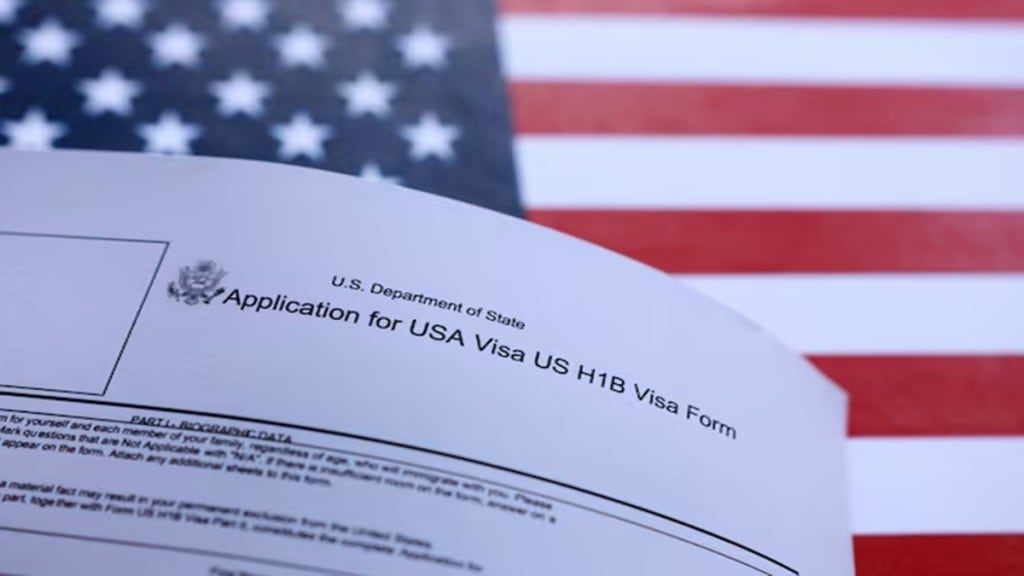Senators Chuck Grassley and Dick Durbin have introduced the bipartisan H-1B and L-1 Visa Reform Act to curb fraud, protect U.S. and foreign workers, and boost transparency. The bill proposes stricter wage and recruitment rules, limits on visa extensions, and prioritization of highly educated STEM workers in visa allocations.
The H-1B and L-1 Visa Reform Act aims to address the fraud and abuse in the US immigration system, protect American workers and visa holders, and improve transparency in the foreign worker recruitment process.
The senators issued letters to ten big U.S. corporations, including Amazon, Google, and Meta, questioning their extensive use of H-1B visas to secure foreign labor while laying off thousands of American workers.
“Recent diplomatic and legislative actions in the U.S. have led to significant implications for L1 visa holders and applicants, particularly foreign workers from countries like India and China. Visa rules remain a point of diplomatic tension, especially between India and the U.S., since most L1 and H-1B visa holders are Indian IT professionals,” says Andri Boiko, Founder & CEO, Garant In.
The L-1 nonimmigrant visa allows U.S. employers to temporarily transfer employees from foreign offices to the US. The H-1B non-immigrant visa allows U.S. employers to hire foreign nationals in specialty occupations, who need not be employees working in their foreign offices.
The H-1B and L-1 visa programs are designed to help US businesses recruit skilled noncitizens when domestic workers are scarce. However, they have been misused by employers, displacing American workers and subjecting foreign workers to low salaries and working conditions. Foreign workers need to maintain their temporary status while waiting for a green card to become available.
The H-1B and L-1 Visa Reform Act aims to penalize companies importing large numbers of H-1B and L-1 workers, displacing American workers and outsourcing jobs, and also provide the Department of Labor (DOL) with new authorities and responsibilities to ensure that program requirements are enforced.
“Ongoing legislative and regulatory tightening means multinational companies must carefully assess compliance risks, maintain significant documentation, and ensure transparent working conditions. The current diplomatic climate has led to both legislative tightening and enhanced compliance for L1 visas,” says Boiko.
The H-1B and L-1 Visa Reform Act aims to implement new wage, recruitment, and attestation requirements for employers seeking to hire H-1B and L-1 workers. The Act also requires employers seeking to hire H-1B employees to post those jobs on a searchable DOL website as a resource for both U.S. workers and laid-off H-1B nonimmigrants.
The Act also proposes to make reforms to the H-1B program, including by prioritizing H-1B visa issuance for workers with higher levels of education in STEM and amending the definition of a “specialty occupation” to require a bachelor’s degree or higher.
“Foreign workers and sponsors must prepare for greater documentation, stricter application review, and increased regulatory enforcement, which may also shape the strategic decisions of global companies regarding cross-border employee mobility,” adds Boiko.
The Act also proposes to put a limitation on the extension of H–1B petitions. Currently, H-1B status is valid up to 3 years and extendable up to another 3 years, for a total period of admission of 6 years in the US.
